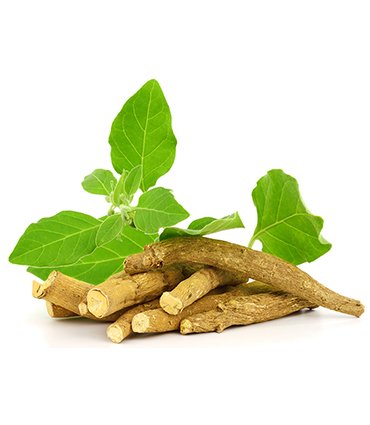Withania somnifera, an evergreen shrub cultivated in tropical and subtropical regions of Asia, Africa, and Europe, is commonly referred to by its Sanskrit name, Ashwagandha, which translates to “smell of horse,” indicating its characteristic odor. Also recognized as Indian ginseng and winter cherry. The species epithet, somnifera, derives from the Latin term for sleep-inducing, highlighting another purported quality of this botanical.
Its roots in traditional Ayurvedic medicine, described as a compound or product enhancing an individual’s resistance, adaptability, or resilience to biological, physical, or chemical stressors. It is frequently touted for its potential in stress and anxiety reduction, as well as for addressing cognitive disorders. Rich in phytochemicals, including steroidal lactones (known as withanolides) and alkaloids, It is believed to owe many of its effects to these compounds. Withanolides inducing apoptosis in neoplastic cells, downregulating the expression of inflammatory proteins, and shown antileukemic activity along with ceramide accumulation.
Health Benefits of Ashwagandha
Studies have shown that it significantly reduces stress and anxiety levels, alleviates sleep disturbances and fatigue, and lowers serum cortisol levels. Individuals consuming it’s extract have reported enhanced well-being, characterized by a sense of calmness, improved energy levels, heightened mental clarity, and better sleep quality.
Sleep:
Regarding sleep, it’s extracts may aid in improving sleep efficiency, total sleep time, sleep onset latency, and sleep maintenance. While individuals without insomnia experienced improved sleep quality, there was no observed reduction in perceived anxiety symptoms or enhancement in mental alertness upon awakening.
Ashwagandha as muscles strength
Athletic performance may also benefit from it’s supplementation, as it has been linked to increased muscle strength and maximum oxygen consumption. Male participants who received 600 mg of ashwagandha daily and engaged in resistance training for 8 weeks exhibited significantly greater gains in muscle strength. Additionally, it may potentially elevate testosterone levels and offer some advantages for male fertility.
Negative Impacts of Ashwagandha
However, caution is advised as it may not be safe under certain circumstances, such as during pregnancy (as high doses may lead to pregnancy loss), breastfeeding, hormone-sensitive prostate cancer, intake of specific medications (like benzodiazepines, anticonvulsants, or barbiturates), prior to surgery, or in cases of autoimmune or thyroid disorders, as well as liver problems. Reported side effects of its supplementation include upper gastrointestinal discomfort, drowsiness, diarrhea, and vomiting.

